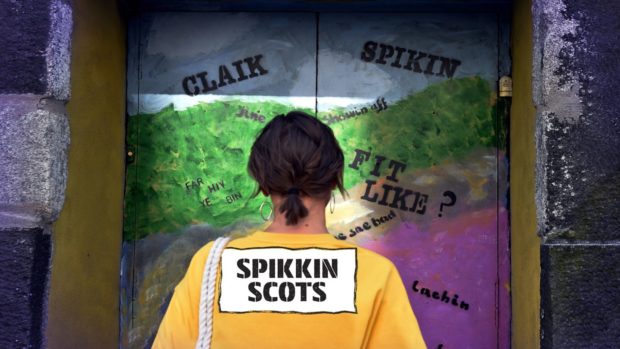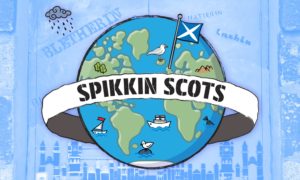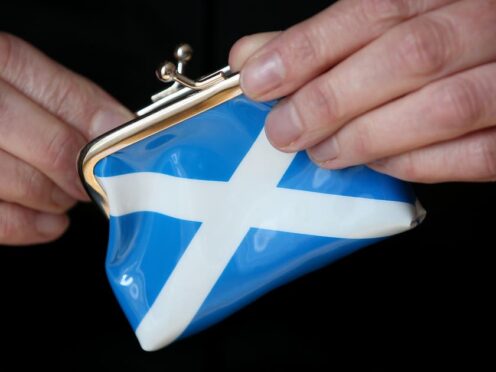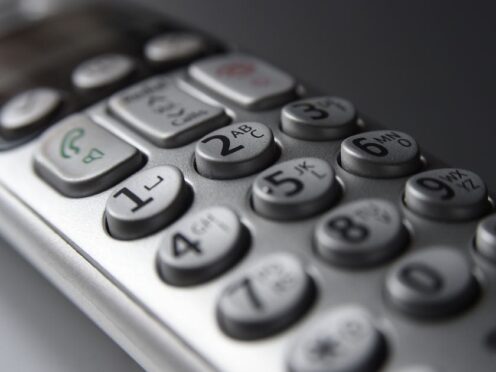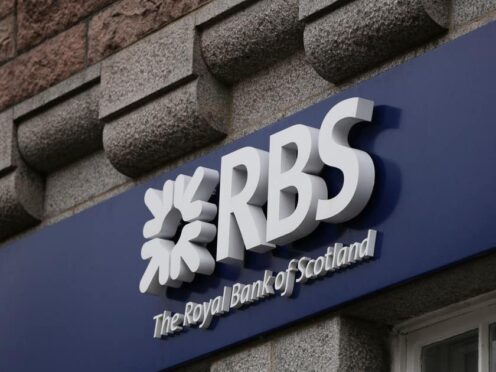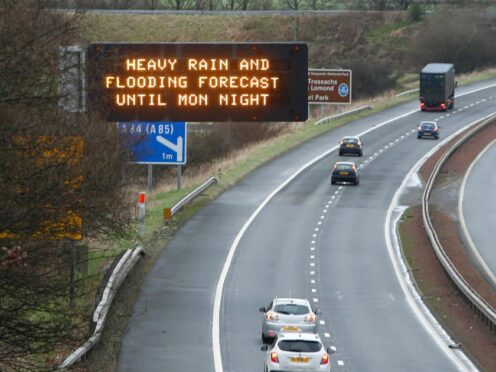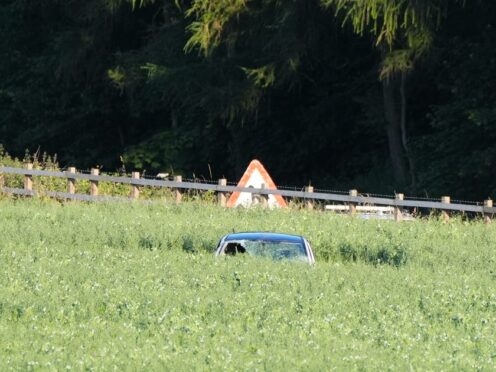The Scottish phrase ‘doing your dinger’ has been included in the latest edition of the Oxford English Dictionary.
Language experts added the Scots term for losing your temper to the tome in an update published earlier this week.
The official entry states that “to go or do one’s dinger” is a Scottish colloquial expression which means “to get extremely angry or passionate; to lose one’s temper; to rant and rave”.
The dictionary’s researchers found one of the first mentions of the saying was in the 1950 film The Gorbals Story about a young artist living in a Glasgow slum.
The dictionary also cited a recent mention in a newspaper interview by former Rangers player Billy Dodds to show it is still in common use among Scots.
The ex-striker was speaking in 2018 about how he and team-mate Neil McCann used to play pranks on Bert van Lingen, manager Dick Advocaat’s assistant at the Ibrox club.
He said: “Neil and I grabbed Bert’s training kit lying outside his room, ripped it up and chucked it down the hall. Bert was doing his dinger: ‘Who did this? I know it was Dodds. I know it was McCann’.”
The dictionary also said the phrase can mean “to do something in a vigorous or boisterous fashion” in both Scotland and Northern Ireland.
In a blog post about the new entries, Jonathan Dent, the dictionary’s revision editor, said: “Nearly 750 existing entries have been subjected to the freshening attentions of our team of researchers, editors, etymologists, and bibliographers, and over 700 new words, senses, phrases, and compounds have been added to the dictionary.”
